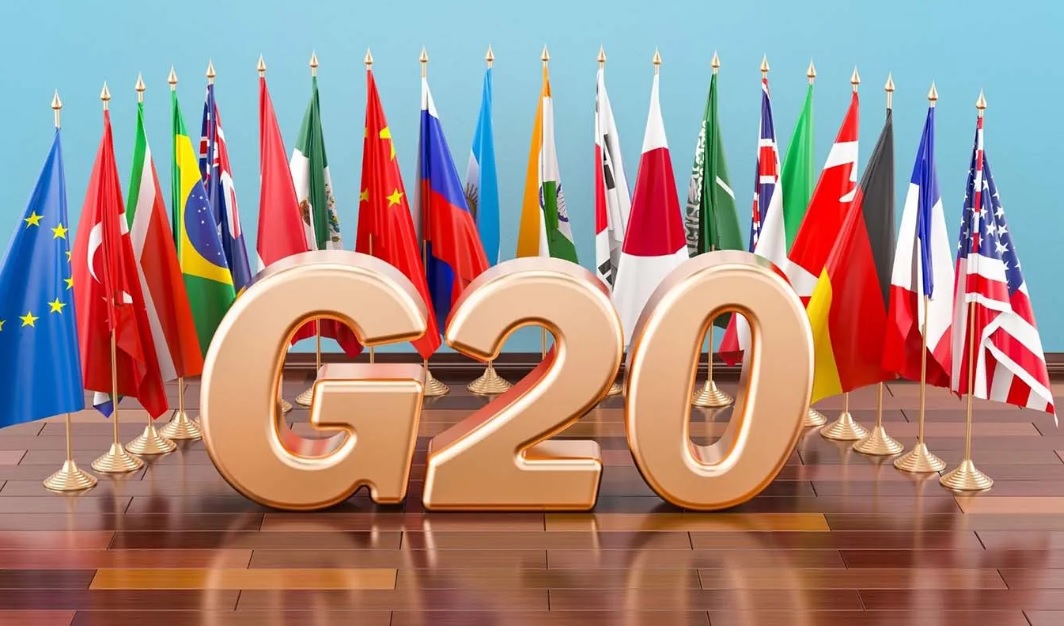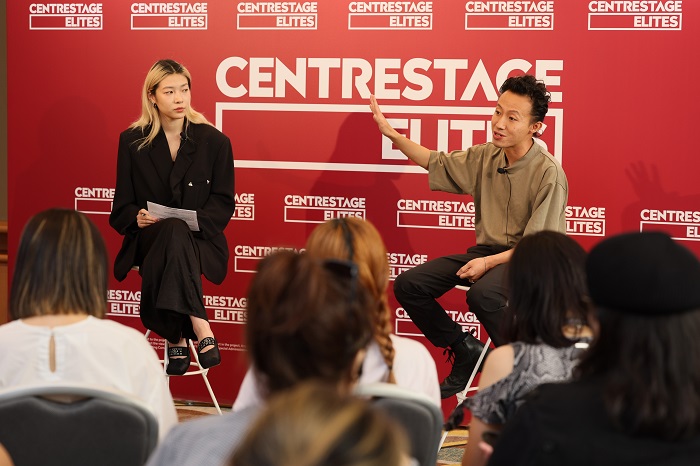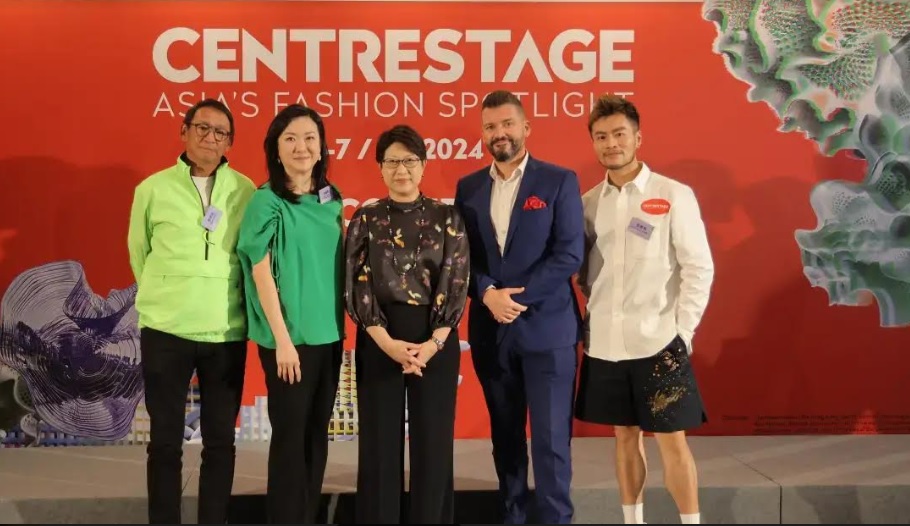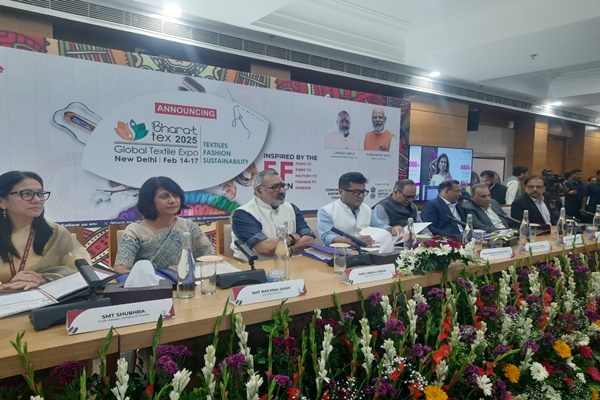
New Delhi faces a complex challenge as it prepares to renegotiate its free trade agreement (FTA) with the Association of Southeast Asian Nations (ASEAN). While the bloc offers immense economic potential, concerns over cheap imports, particularly from China, are putting pressure on the Indian government.
Cheap imports a worry
The Asean-India Trade in Goods Agreement, signed in 2009, has seen bilateral trade soar to $122.67 billion last financial year. While the pact aimed for deeper economic integration, concerns have emerged about a trade imbalance favoring Asean and the potential for China to exploit the agreement as a backdoor for duty-free exports to India. The textile, apparel, and fashion sector has been particularly vocal about the challenges posed by cheap imports. Domestic manufacturers argue that the FTA has eroded their competitiveness, leading to job losses and factory closures.
Economists and industry experts are divided on the best course of action. While some advocate for increasing import duties to protect domestic industries, others warn against such measures, fearing potential retaliation from ASEAN countries and damage to India's image as a trade-friendly nation. "The FTA has provided a back door for China to route duty-free supplies into the Indian market, eroding the competitiveness of local companies," warns Biswajit Dhar, a professor at the Council for Social Development.
Balancing act
The Indian government finds itself in a quandary. On one hand, there's a compelling case for protecting domestic industries. On the other, raising import duties could sour relations with Asean, a crucial geopolitical partner. Experts suggest a nuanced approach. Strategic tariff adjustments within the FTA framework, such as increasing duties on specific items like mobile phone and automobile parts, could be considered. This flexibility, enshrined in the agreement, allows for annual reviews of "highly sensitive lists" and "exclusion lists." However, any such move could invite retaliation from Asean countries. Moreover, it could reinforce India's image as a protectionist nation, deterring foreign investment.
Need to tread carefully
While the overall trade figures are available, granular data on the textile, apparel, and fashion sector's performance under the FTA is limited. This hampers policymakers' ability to make informed decisions. Therefore, India must tread carefully. A comprehensive assessment of the FTA's impact on various sectors, including a detailed analysis of the textile, apparel, and fashion industry, is essential. Engaging in constructive dialogue with Asean partners to address specific concerns can help build trust and find mutually beneficial solutions.
Ultimately, India's success in balancing its economic interests with strategic priorities will determine the outcome of the FTA review. A well-calibrated approach that protects domestic industries without alienating Asean is crucial for India's economic growth and geopolitical standing.












